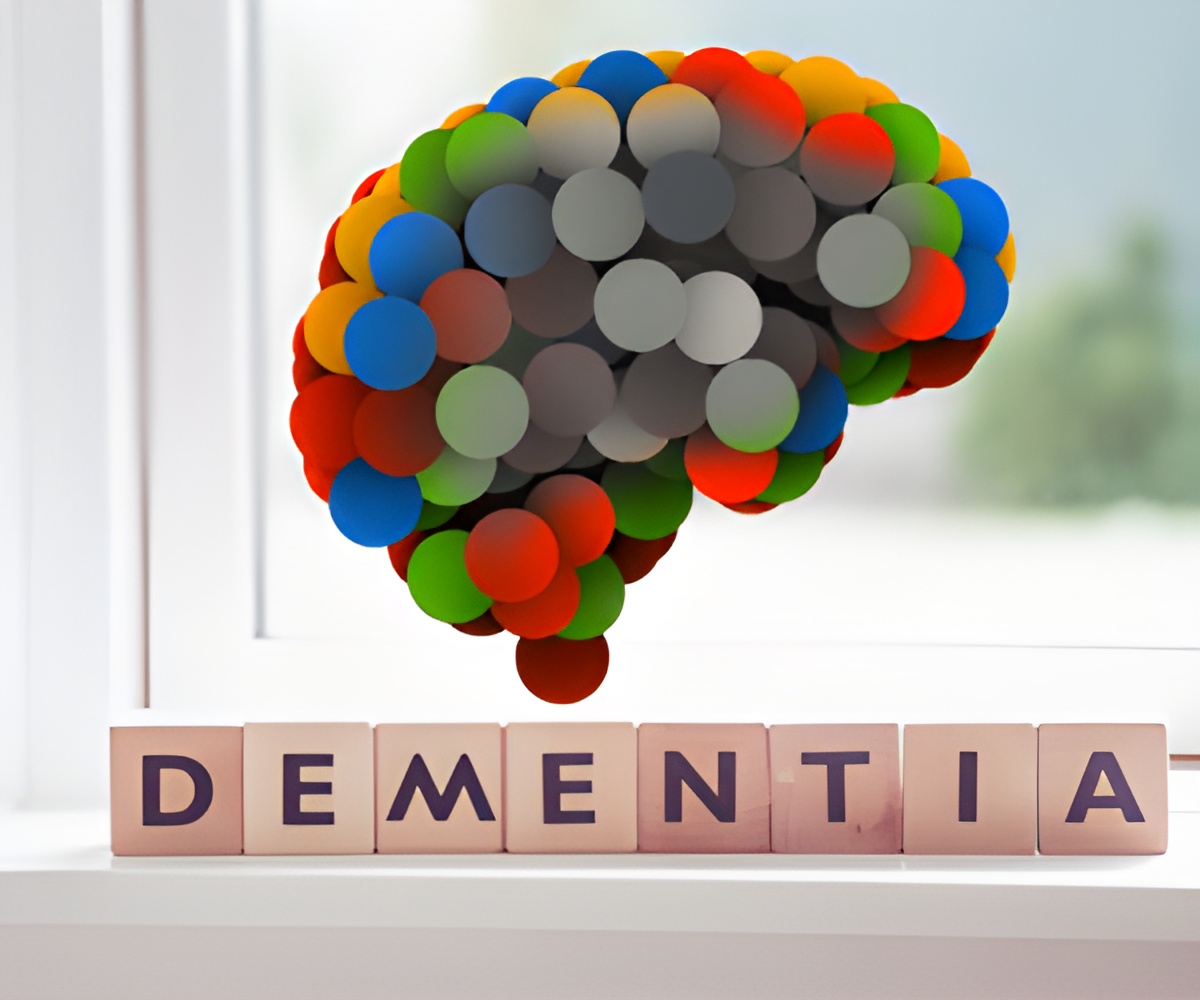MCI causes cognitive changes that are serious enough to be noticed by the individuals experiencing them or to other people.

TOP INSIGHT
With early identification, diagnosis, and education, care for persons with mild cognitive impairment continues to evolve.
The panel confirmed that MCI is common in older populations, and its prevalence increases with age and with lower educational level. Persons with MCI are at higher risk of progressing to dementia than are age-matched controls.
“The panel addressed four basic questions,” Marson said. “What is the prevalence of MCI in the general population? What is the prognosis for patients diagnosed with MCI for progression to a diagnosis of dementia, and how does this compare with an age-matched general population? What pharmacologic treatments are effective for patients diagnosed with MCI? And what nonpharmacologic treatments are effective for patients diagnosed with MCI?”
Among the panels’ recommendations:
Clinicians should assess for MCI with validated tools in appropriate scenarios.
Clinicians should monitor cognitive status of patients with MCI over time.
Clinicians may choose not to offer cholinesterase inhibitors; if offering, they must first discuss lack of evidence.
Clinicians should recommend regular exercise.
Clinicians may recommend cognitive training.
Clinicians should discuss diagnosis, prognosis, long-term planning and the lack of effective medicine options and may discuss biomarker research with patients with MCI and families.
“Care for persons with MCI continues to evolve, with early identification, diagnosis, and education important to patients with MCI and their families,” said Marson. “Where clinicians are not proficient in caring for the cognitive and behavioral or psychiatric needs of persons with MCI, referral to appropriate specialists is an important part of the treatment paradigm in line with the guideline recommendations.”
The AAN panel was led by Ronald C. Petersen, M.D., Ph.D., at the Mayo Clinic. Other panelists represented the University of Pittsburgh, University of Florida, Heart Rhythm Society, Charleston Area Medical Center, University of Kansas, University of Calgary, Washington University, University of Wisconsin and the Cleveland Clinic.
Source-Newswise
 MEDINDIA
MEDINDIA



 Email
Email




